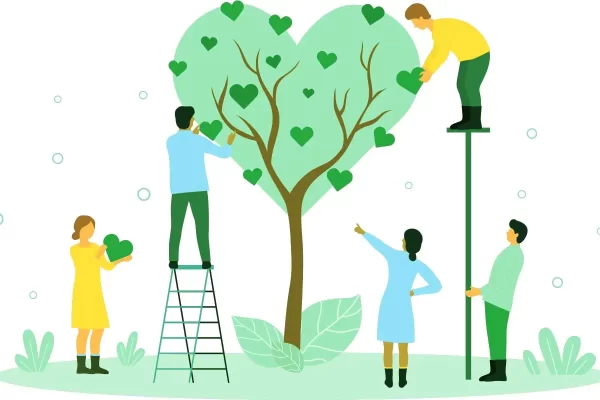It is difficult to tally the true cost of the government shutdown, but it is safe to say that virtually every sector of American business has lost a pile of green.
The meetings industry is no exception. Since the conference spending scandal last spring, revenues from government meetings have declined. Due to the Oct. 1 shutdown, both public and private sectors of the industry have been affected, yet again. After federally-owned meetings facilities closed for business and many government employees were rendered temporarily jobless, numerous government events have been cancelled until further notice. This impacts not only government workers, but the many outside vendors and suppliers who make such events possible.
Private industry has picked up a few of the crumbs as a select number of government meetings have been moved to outside venues. The result has been a spike in business for some facilities, especially those in and around Washington D.C.
Many non-government events have been impacted as well. Government officials who were scheduled to speak at various conferences have been forced to cancel their engagements. In some cases, the loss of prominent presenters has led to the cancellation of entire events. Some events relying on a high number of government attendees have also been forced to cancel.
In addition to monetary losses, many event planners and venues have been grappling with the myriad complications that go with trying to re-think or re-calendar previously scheduled events.
Now let’s talk about the loss of another kind of green. At the beginning of October, the government furloughed 800,000 workers. Some agencies sent home the majority of their staff, who were considered “non-essential.” Among these are entities like the Environmental Protection Agency (EPA), the Fish and Wildlife Service, the Department of the Interior and the Department of Agriculture. For instance, 93 percent of EPA employees were sent home. It causes one to wonder, “Who is watching out for the safety of our water supply, our food supply and the protection of our natural resources? Are these items really considered ‘non-essential’?”
In contrast, the private-sector companies who pour pollutants into our environment continue to conduct business as usual – unmonitored.
National parks were closed at the peak of the fall viewing season. Wildlife refuges, historical landmarks and national forests were also closed. How many family vacations have been ruined? In addition to our own, how many U.S. businesses that rely upon travel and tourism have been robbed of revenue?
Regardless of who you think should be blamed for the government shutdown, the fact remains that all Americans and all of America pay the price. November’s off-year election cycle will include special elections to the United States Congress, some gubernatorial and state legislative elections and numerous local elections. This may be a good time to let our representatives know how embarrassing it is that we, the greatest nation in the world, can’t seem to stay open for business.
Green Tip:
Looking for a comprehensive set of standards for evaluating various aspects of environmentally sustainable meetings and events? ASTM International provides voluntary consensus standards to industries around the world to “improve product quality, enhance safety, facilitate market access and trade, and build consumer confidence.” Check ASTM.org to find evaluation and selection standards for sustainable transportation, exhibits, marketing, food, destinations and venues.




























